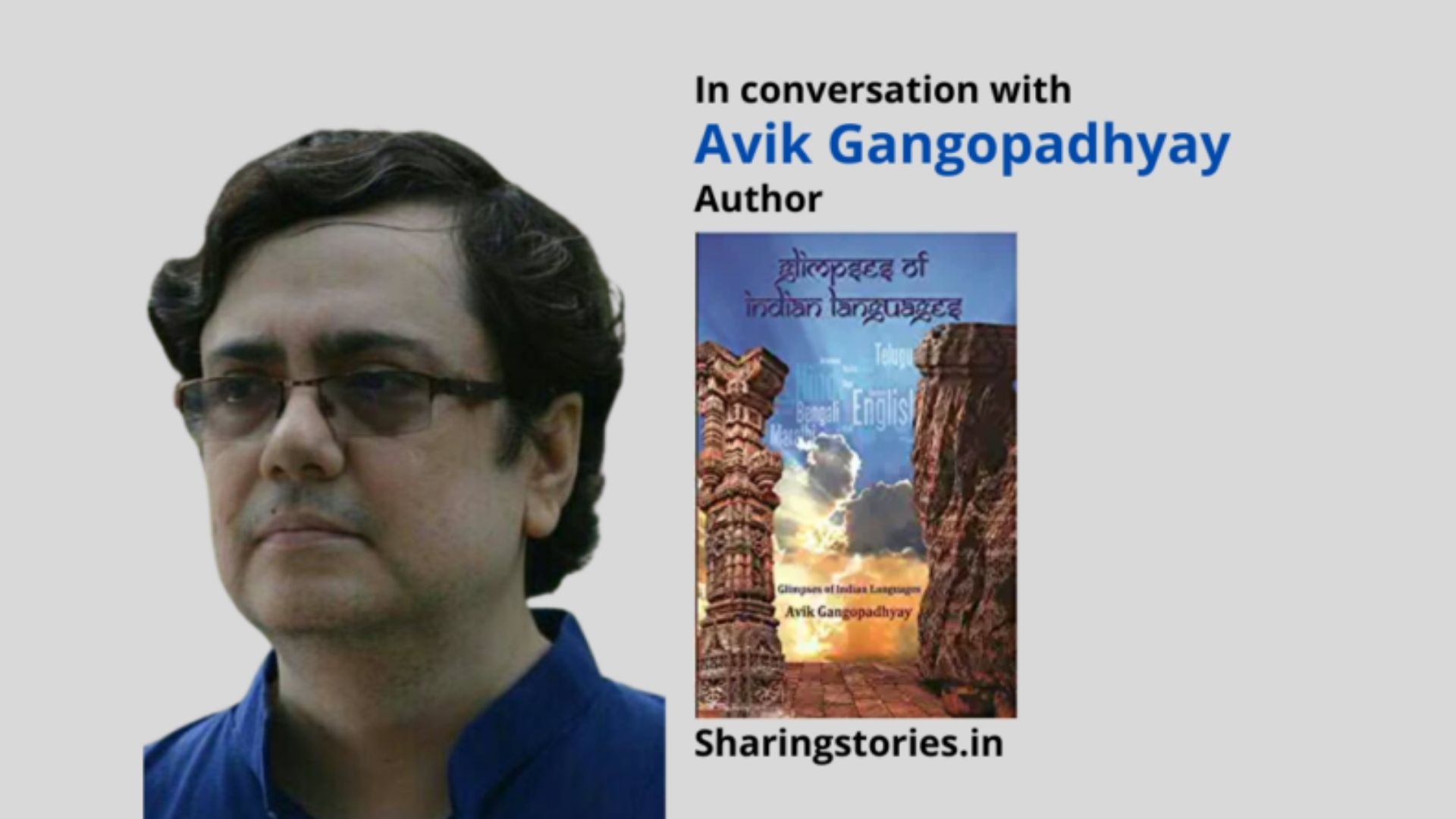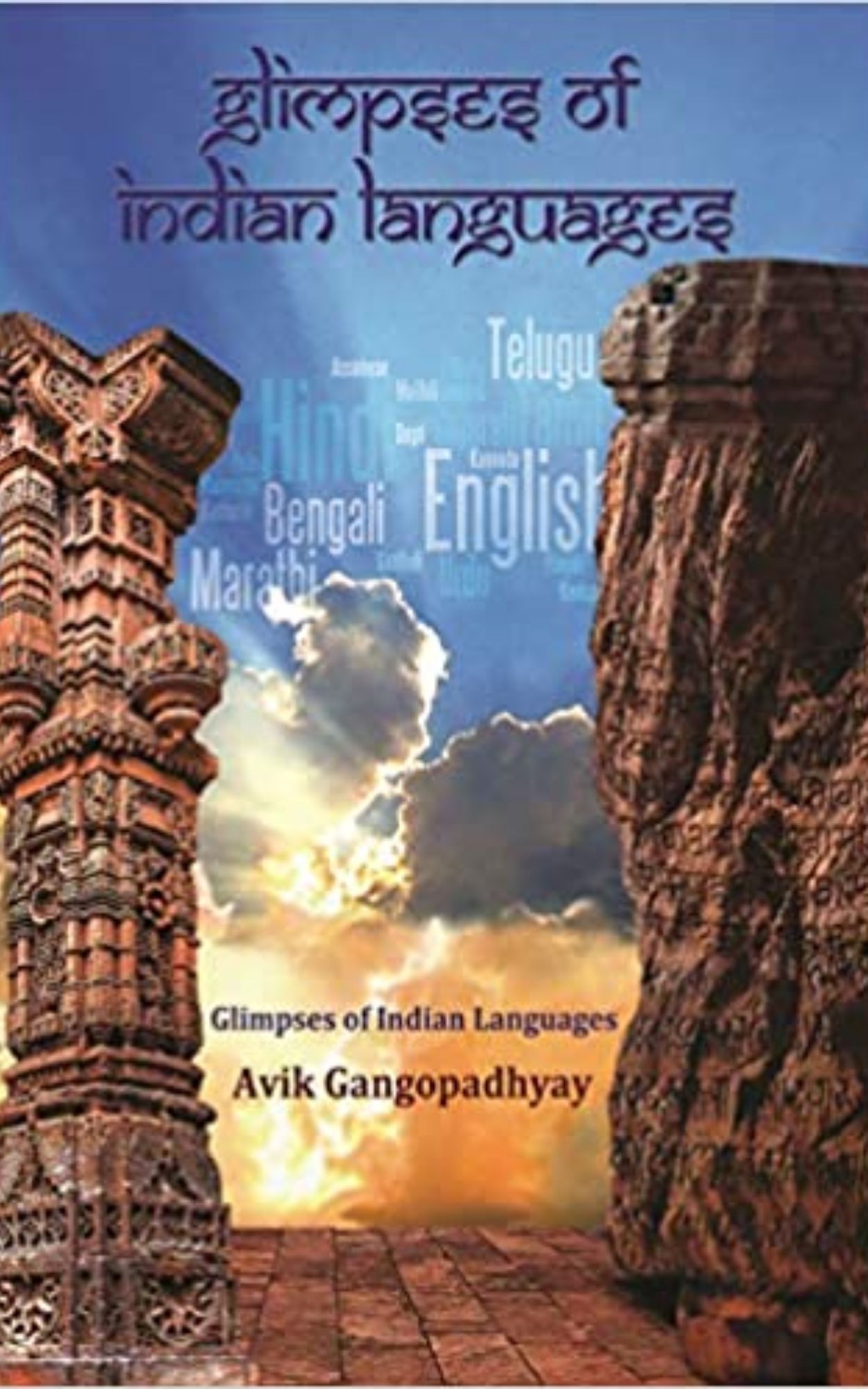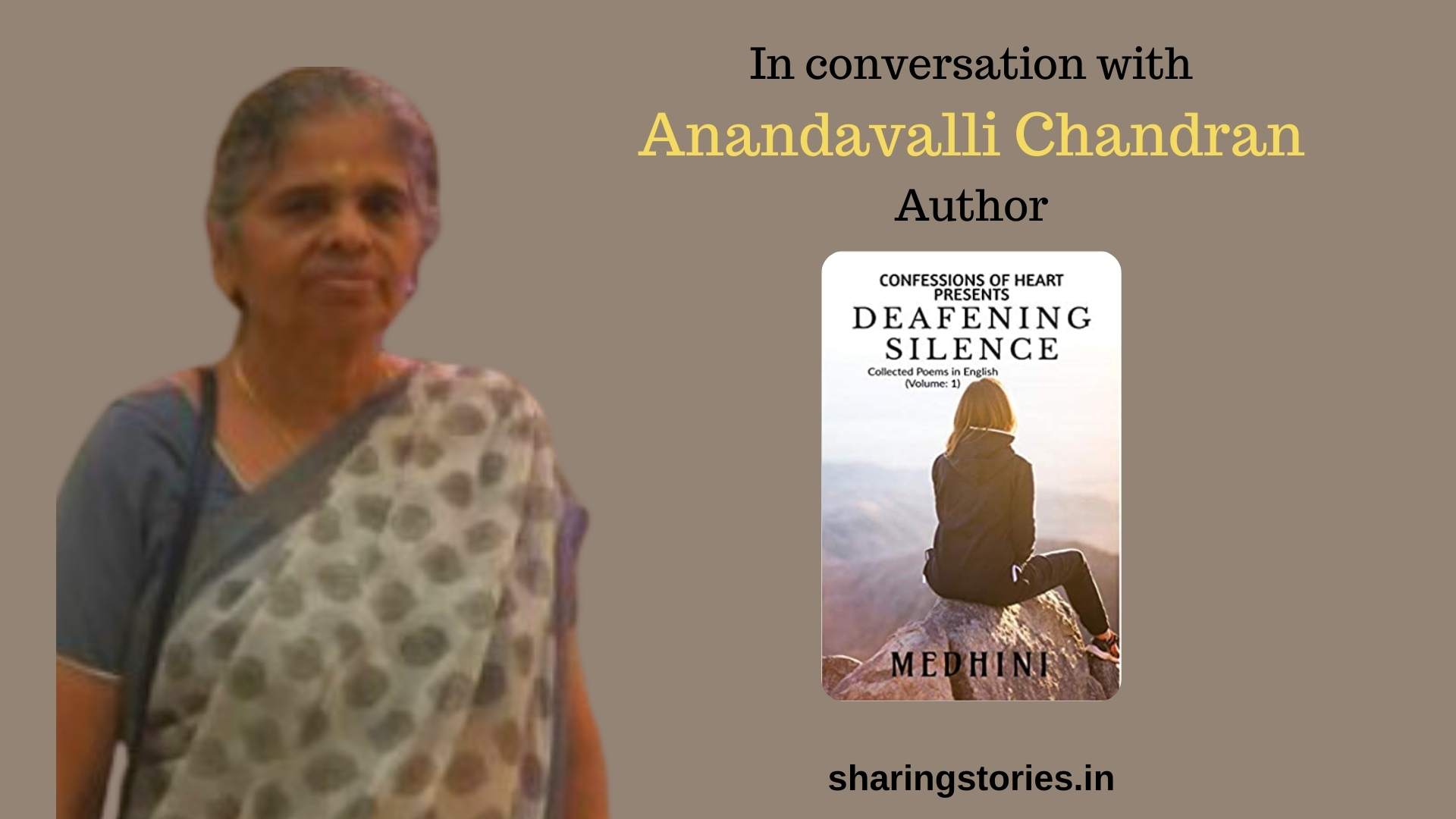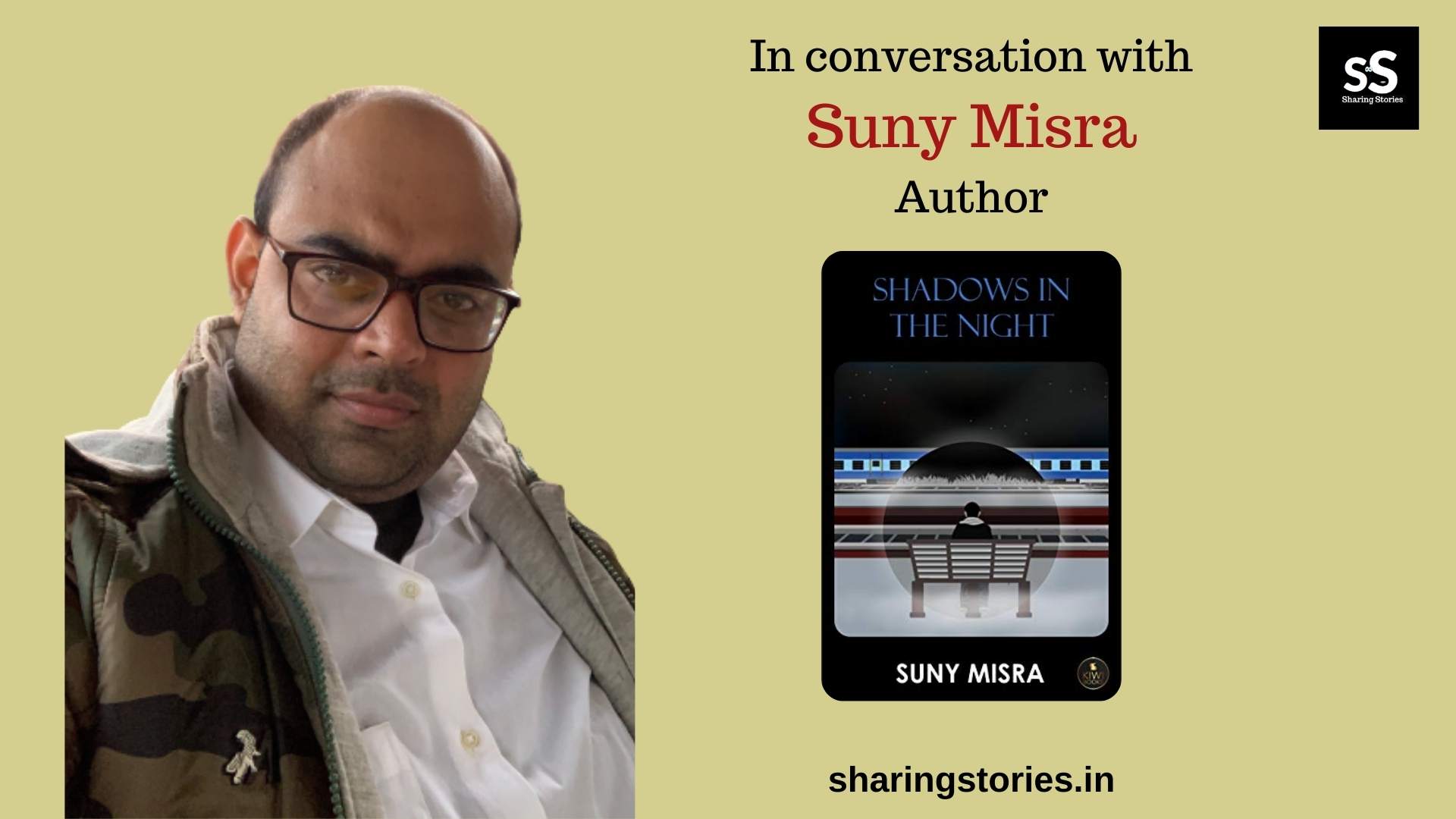Avik Gangopadhyay
Book Title : Glimpses Of Indian Languages
Language, is the force which defines man's intellectual nature, and determines his relation to reality. The a priori which makes of cognition a subjective construction is the Weltanschauung inherent in language. The 'inner form' of language makes it possible to transform the world into a cognitive construction. This transformation of the world need not be entirly subjective. Granted that it is the individual who comes to know and hence who creates the world, but the creative force of language is objective in the sense that it is conveyed to him socially. The epistemological position is that language has the function not only of communicating the results of cognitive activity, but also of shaping cognition itself by transforming the chaos which we call 'the world' into the ordered product of human knowledge. Language is the maker of the only world that is accessible to human beings. Because each human tongue differs from every other, the resulting shape of the world is subtly, or even drastically, altered. In order to determine just how this takes place, and with what consequences, linguistic studies should move towards a comparative study of various languages.

“Sometimes, we do not get a chance to thank each one who has helped us in our Journey.” Let the readers get a chance to know about all the important people who have played a part in this ‘Author Journey of Yours’.
Very much so. A private person by nature, I swim through my own inner journey. A voyager at heart, my thirst of being wonder-dipped takes me to places less visited, be it through travelling or be it to newer dimensions in my spheres of thoughts and knowledge.
Well, I started writing a suspense crime drama when I was around 8 years of age but it was primarily with imitating my father, who used to sit and write at regular hours that initiated me into everything. I worked on it for 2 years and it took a shape of a thriller with too many comic elements in it. I also wrote bilingual limerick-like poems in French- Bengali, Sanskrit- Bengali, French-Sanskrit, as I was then learning both French and Sanskrit languages, I enjoyed lighter moments with languages in my own way.
My father, Late Manab Gangopadhyay, a novelist extraordinaire, known for creating “an idiom of mind,” has shaped all that I am. A noted academician, litterateur, critic and philosopher like him as a father made me inter disciplinarian at the core. My mother Late Sriparna Gangopadhyay a celebrated classical dancer and singer of songs of Tagore and light classical Bhajans, have also mentored my emotional and finer aesthetic perceptions. I also intend to mention the role of Bengal, my part of the world, which has produced a galaxy of class writers in world literature. I am very much born out of it.
Later on, with the passage of time, I found all the ancient epics of the world, selected Greco-Roman drama, works during the Italian and European Renaissance, late Victorian, modern and postmodern poets, novelists and dramatists across the globe, including Asian literature have had immense influence on my creative and critical bent.
The “critic, columnist and academic” label has been there as a known tag with me both at home and abroad. But my first collection of stories had been released at Oxford, Kolkata, in 2019, and I am much gratified, that it’s a success. The sacred and enigmatic space of learning played cynosure all through my life. My literature revolves keeping a very close proximity to History and evolution.
Tell us a bit about the books you have written.Who is the favourite character from your book and why?Are you working on anything at the present you would like to share with your readers about?
My first book Quest for Uncertainty, a collection of critical essays on opinions, truth & theories on Classical, English, American, French, German, Norwegian, Indian Literature & Aesthetics (from Socrates to Rabindranath Tagore) was published in the year 2000. An author with 31 titles, I would prefer here to be selective in mentioning some of the core areas of my endeavor.
Death of Language (Bilingual) is usually regarded as my magnum opus.The scope of exploring the notion of dead languages is still limited. This edition for the first time explores the world of the dead languages, extinct languages, endangered languages, the withering cultural heritage along with death of languages, the languages about to die, the causes of death of a language, reconstruction of language, the loss of language even after it reaches its linguistic zenith, research and theories by the modern theorists and touches on some topics related to state of different languages of the world.
Diaspora & Trauma Literature (Bilingual)endeavors to approach the yet-to-be definitive genre Diaspora, Diasporic Theory and Literature, bringing home the reality of the refugees, asylum-seekers, returnees, internally displaced and stateless persons across the globe, diaspora as transnationalism or exile, as an apology for internationalism, cultural hybridity through the narratives of immigrant literature.
Redefining the Definitions deals with the exponents of the postmodern theories in critical literature intending to emphasize the notions of unitary language, realities of heteroglossia, neo-identity of the writer, word status, literature is without proofs, the innumerable centres of culture, language as a comforting illusion, that are inextricably intertwined with structuralism, semiotics, deconstruction, intertextuality, myth, deep structure, social identity and linguistics conjectured in the 20th century.
Song Offerings and Gitanjali is my tribute to Tagore on the 100th year of winning Nobel prize, an attempt to invest the ‘Gitanjali’ and ‘Song Offerings’ of Rabindranath Tagore with some identifiable modern and postmodern literary and critical theories—collaterally, collectively and separately, not only to focus the searchlight of truth upon the dilemma of the transcreating psyche of the poet, the commingling of the classical consciousness, philosophical mysticism and romantic religiosity but also the Aesthete in Tagore, whose spiritual quest hindered least the integral aspect of poetic aestheticism.
In Saraswati (Bilingual) I have moved beyond the two popular names, one of a Goddess and the other, that of a river. The discussion is extended beyond Vedic, mythic and religious references, into Aesthetic, archaeological and anthropological perspectives. The transcendence from a river to a goddess, the significance of references in the Rig Vedas, her relation to river Indus, her status as the noblest among “Mothers, Rivers and Gods and Goddesses”, relation to Knowledge, symbol of imagination, creativity and Nada, an inspiration to Hindu, Buddhist and Jain religio-sculptural world from 3rd century B. C. to 16th century A. D.—all throng together in this book.
Glimpses of Indian Languages, my latest book, a 17-year endeavor of mine, involves a glimpse of the languages of India, be they are developing or vigorous, educational or threatened, languages for wider communication, shifting or moribund, nearly extinct, dormant or extinct languages apart from the regular provincial and national languages. Facts and linguistic outline of the scripts, dialects and languages of India, relation between language, culture and the speakers, issues in time past and present with regard to Indian languages, sources and preservation
Apart from these, Reality Rips, published in 2003 from France, was a collection of critical essays on international and national issues and profiles in English, followed by Philosophical and Religious ISMS, also a book on the philosophical ISMS and key terms of the eight major religions of the world. The following 3 of my books are on the recommended lists of colleges and universities in India & abroad: Literary Theories and Criticism, Beyond Modernism (Bilingual) attempts to see through the definitions, judgments and the characteristic features of the literary theories and the critical schools of literature, offering emphasis on the concepts of beauty, aesthetics, modernism, postmodernism, structuralism, meta-narrative, semiotics, deconstruction that have swept the critical consciousness of the 20th century;Literary Essays on Types, Trends and Genres (Bilingual)is a 740-page book on the variety of forms and styles in art and literature; Essentials of English Philology, Phonetics and Linguistics elaborates the essential topics on the history of English language and elemental concepts related to phonetics and linguistics along with English word-derivations supported by charts, tables and diagrams.
Love in Siesta is my only collection of Short Stories. Here are eight stories that intend to capture Time framed by the evolution of human instinct with shades of changing socio-psychic rationale where man-woman relation remains in the pivot—be it in the enlightened dawn after primitivism, or eight thousand years before, or in five thousand B.C., or centuries later in 12th century A.D. or even in the run of the life of contemporaneity.
All the characters in the eight stories are creations of mine but they mostly represent time and instinct. They are all my favourites because sometimes I didn’t have control over their feelings and emotions.
Presently, I have been working on a period novel set on 4th century B.C.
You have a knack of decoding human psyche with the skill of graphology. Tell us more about it. How and when did you develop an interest in its study?
Apart from being a Professor of Humanities, my father, Late Manab Gangopadhyay was an amateur psychiatrist, helping out people in their stress and suffering, when people were even unaware of the very subject and the discipline in our society. Dream analysis, Colour Test and Graphology were 3 of the most ready-hand available tools to enter into the dark recesses of human psyche. I saw it from my childhood, when my father was trying to implement the graphological techniques in Bangla scripts. Books were too scarce to start with. He taught me from psychological perspective more than the technical know how and I started psycho-graphology with intense interest. I understood from my childhood that ‘people are not what they are’ or ‘he/she is what is he/she is not.’
Gradually, reading psychoanalysis and abnormal psychology, and studying people, friends, relatives through graphology first made me too sad. After all, knowledge is suffering. Later, I realized that this is what life is, what people are, and are not what they appear, the quintessence of reality. I practiced it for more than 36 years. Initially, it was a charming game that I always won. Later the very idea of knowing oneself, one’s pretense- were difficult to bear, especially of closed ones. Father cautioned me from the beginning about it. So I recovered from such shocks and started helping out without letting one know that he/she is being cured or catharated from a feeling of stress or pang within. One can help silently the society a lot, in personal level, through the knowledge of graphology, apart from having a glimpse of the greatest mystery, the human mind.
You are more into writing poetry and received accolades for your poetry books too. When was the first time you realized that you are drawn towards writing poetry?
Well it sprouted as spontaneously as leaves come to trees, I mean when in late teens I felt that the excess of feelings needed to be poured into the best words and in the best order. Poetry was the natural choice. I have been known for my objectivity in writing, but only in poetry, even today, I never shield myself. It’s private, where I can communicate with me and see myself as someone so close to me but not alike.
I wrote limerick-like poems in Bangla & English apart from serious ones; I translated or rather transcreated poems inFrench-Bengali, Sanskrit- Bengali, French-Sanskrit, as I was then learning both French and Sanskrit languages. Later I did the same with German-Bangla. I enjoyed lighter moments with languages in my own way. I was much enthused to receive the Editor’s Choice Award as a poet from Library of Poetry, USA, in 2002.
Being an editor as well as writer of critical literature, what is the most difficult part of your working process?
My interest in Indian and Western classical music initiated my association with playing sitar and keyboard in my teens but it was interdisciplinary studies that consumed my focus. My long association with psychology, cultural anthropology, philosophy, history, popular science, comparative religion, treasures of antiquity, photography and documentation had shaped both my creative and critical psyche. Voracious as a library lover, I enjoy anything which touches the realm of fineness in human expressions.
While writing scripts for Calcutta All India Radio Talks for 2 years I breathed an air of confidence and gradual appreciation led me through.
I am an avid reader of books and treatises on interdisciplinary studies, Aesthetics and Theories of Literature, Language and Criticism, not-so-discussed historical issues, Philosophy and religious ‘ISMS’, Indological studies, cultural anthropology. In literature alone I venture a lot: from classics to poetic drama, through short stories and poetry of varied genres.
Editing is an objective duty. I add a distanced self to it but work on it passionately. With my own full-length schemes, I always have a conscious focused theme, there are not much space for the concept of matching. Theoretically, I proceed with singleness of aim or purpose or intent. It is a mental mapping and following a psychological trajectory, usually I am used to. Brooding is a process I really enjoy. There is an emotional gratification from the very beginning whenever I am into it. I see my own literary or critical instinct, pass through the transits, test sense of artistry—as if rejoicing in creating a world, first of ideas, then images and then of words. This part is difficult but now I am used to it.





